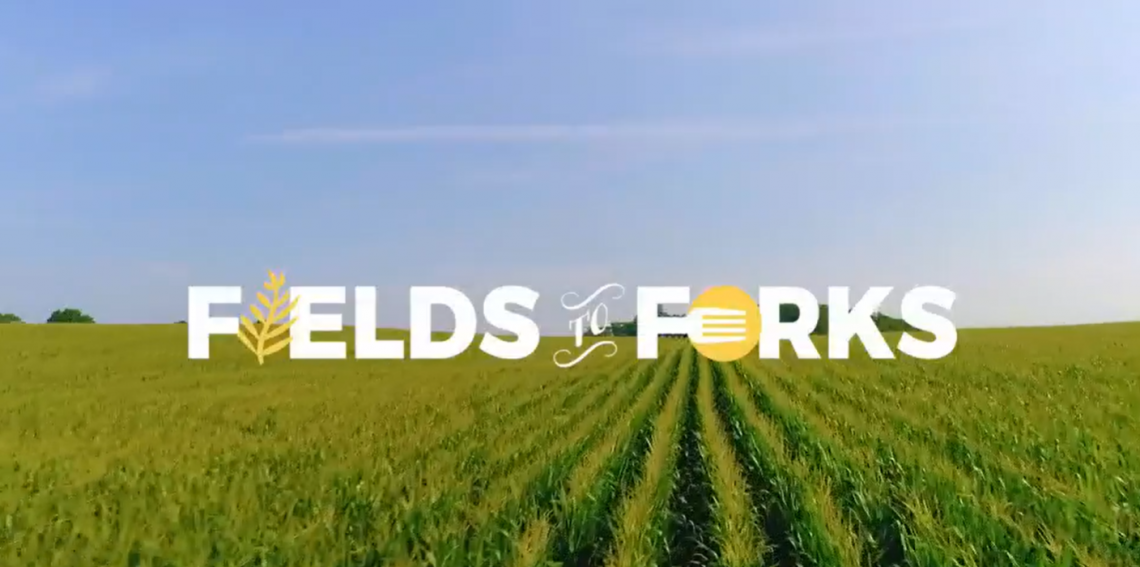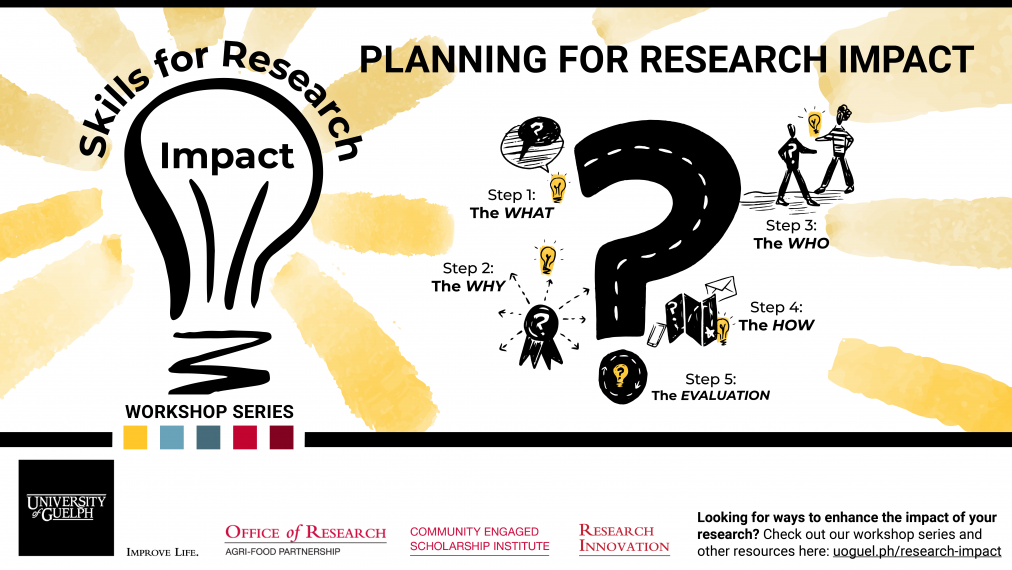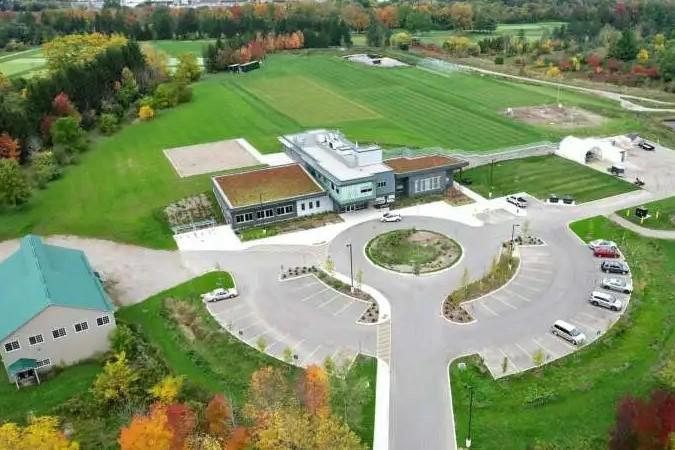WATCH: Inside the Precision Feed Facility
The Precision Feed Facility is the latest addition to a world-class platform at the Elora Research Station.
Look inside the facility and hear how it's making a difference to research at the Ontario Dairy Research Centre and the Ontario Beef Research Centre.



